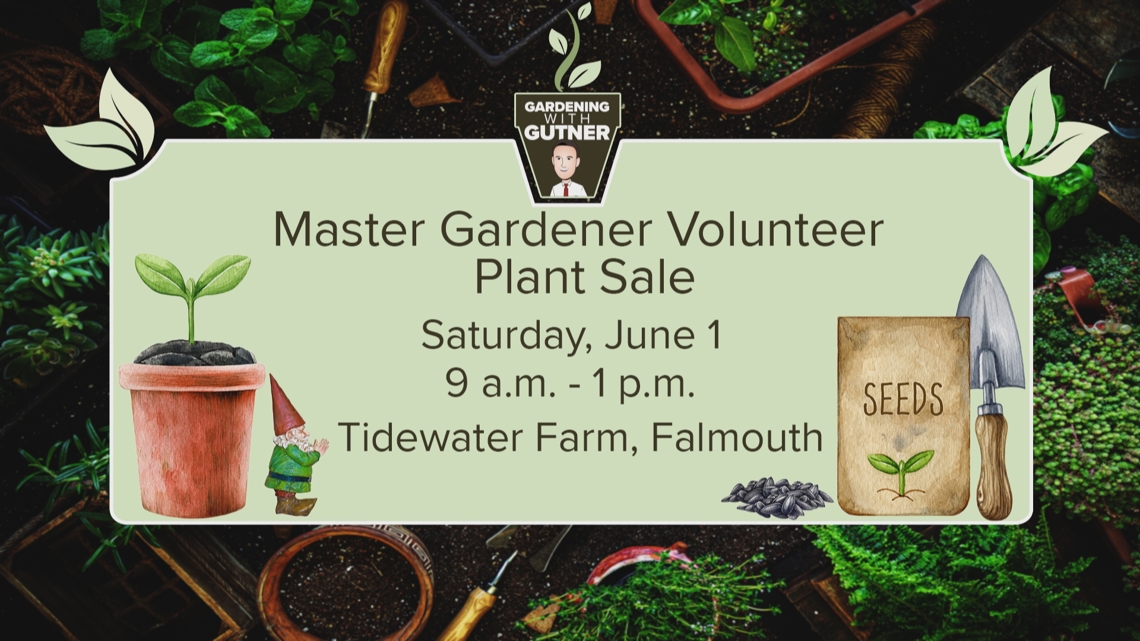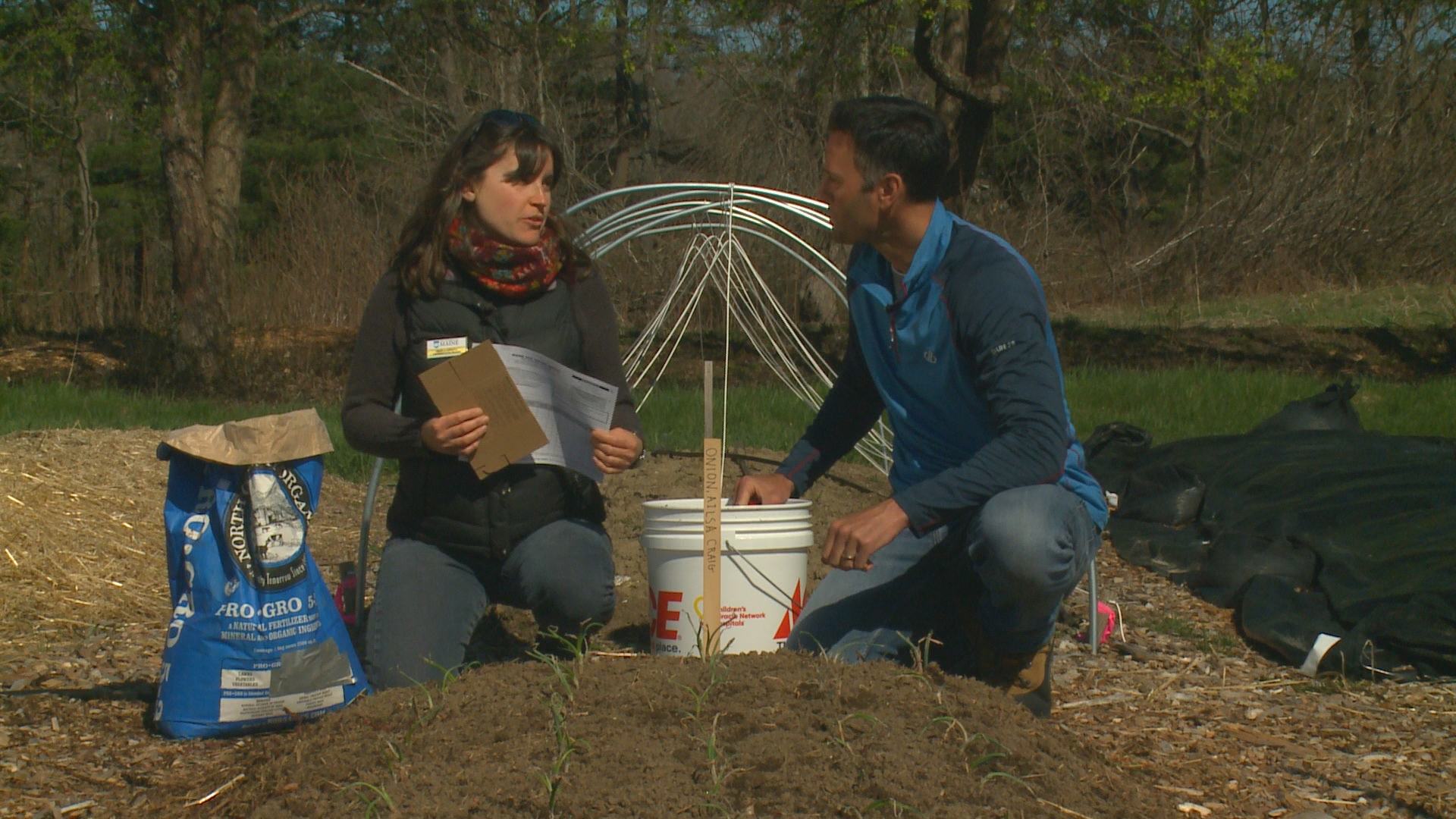FALMOUTH, Maine — The days are longer, the temperatures are rising, and you're getting that itch to dig in the dirt. But have you done all that you need to have a successful growing season whether it be flowers or vegetables?
Gardening with Gutner headed to the University of Maine's Cumberland County Cooperative Extension at Tidewater Farm in Falmouth to talk to their horticulture professional Pamela Hargest.
"Soil testing is really important for vegetable gardening. And while it's best to test your soil in the fall, you can test your soil anytime of the year including spring," Hargest recommended. "You'll wanna get a couple of samples from the area of where you want to test."


One of the biggest factors in growing robust vegetables is good soil.
Once you have your samples, Hargest instructed to use a clean bucket and garden trowel and collect and mix your samples in the bucket. Then put the samples in a box that is part of the soil test kit, fill out the attached form, and mail it to the lab with a check. Hargest said you'll receive your results within a few weeks or maybe up to a month.
Click HERE to learn more about how to do a soil test with the University of Maine.

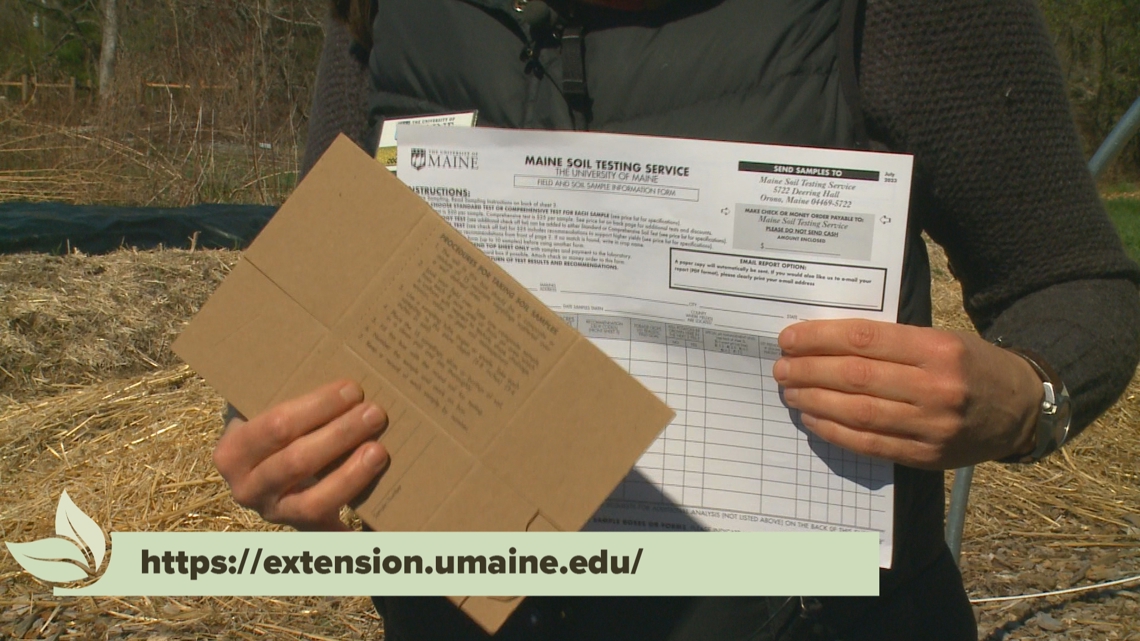
"If you can't do a soil test, you can just use an all-purpose, whether it be synthetic or organic fertilizer that you pick up at a local nursery. And just apply that fertilizer in your garden beds based off of what the bag is recommending," Hargest suggested. She emphasized to make sure what you are using is for food consumption.

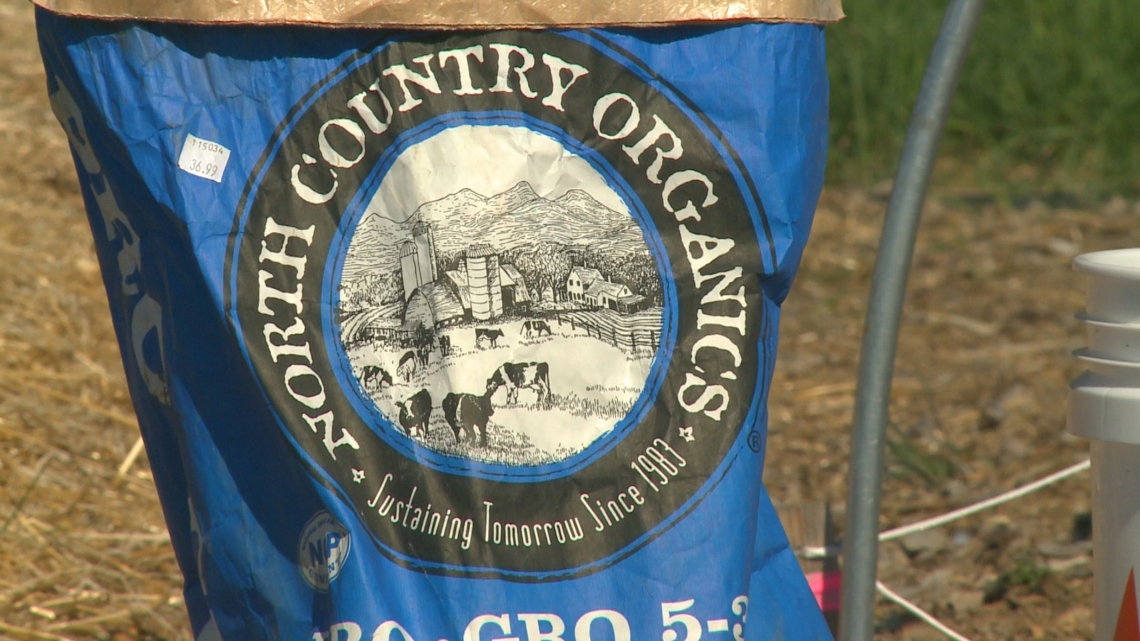

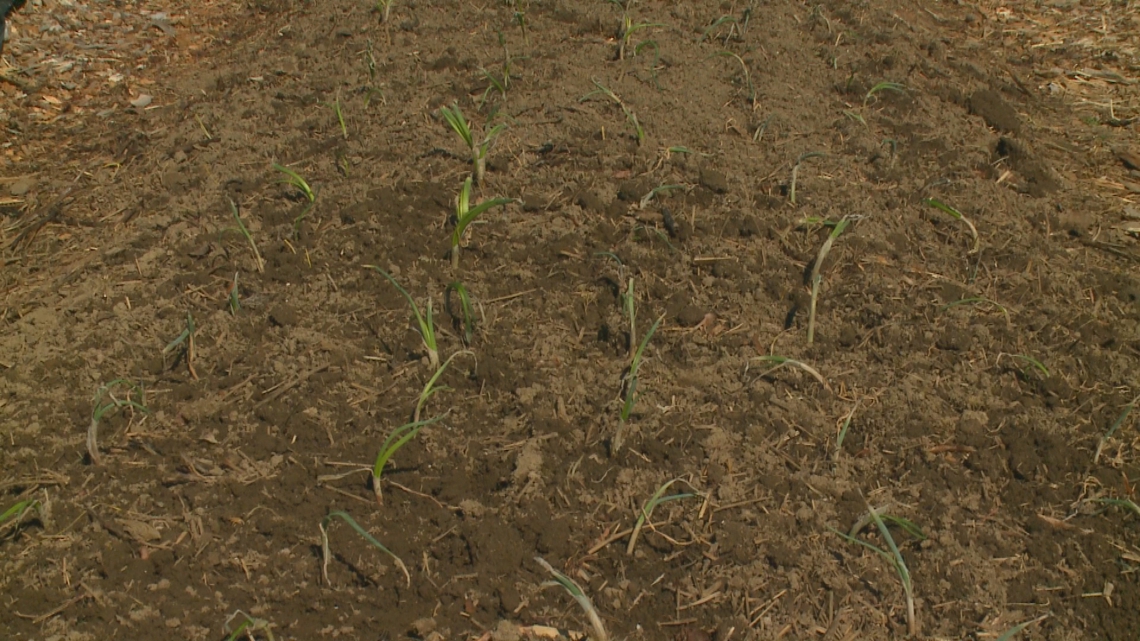
Making sure your tools are ready is also important:
- Repair or replace broken tools.
- Clean and sharpen your tools
- Oil the wooden handles so they don't crack.
There are a lot of tools to make your work easier. Hargest showed Todd a broad fork, which she says is a great tool for people who practice no or low-till gardening.

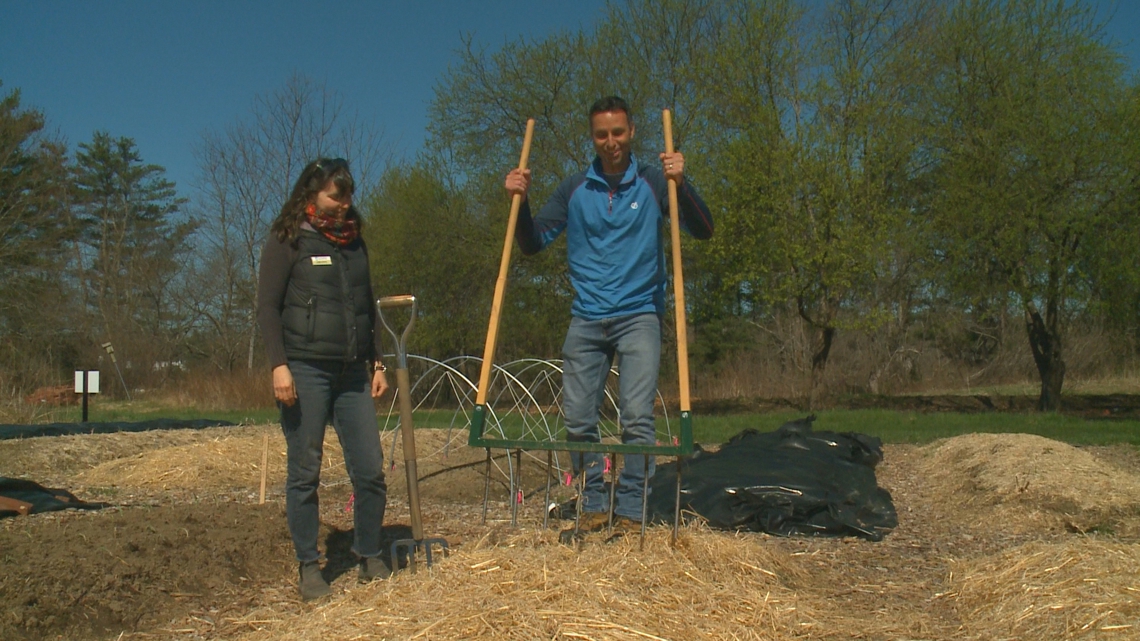
When it comes to cleaning up and getting the perennial garden ready, Hargest has one tip.
"So there's a new school of thought when it comes to managing your perennial garden," the horticulturist revealed. " It's best to wait until the temperatures are consistently above 50 degrees. It's basically to protect the wildlife or pollinators, insects that might be overwintering in this area."



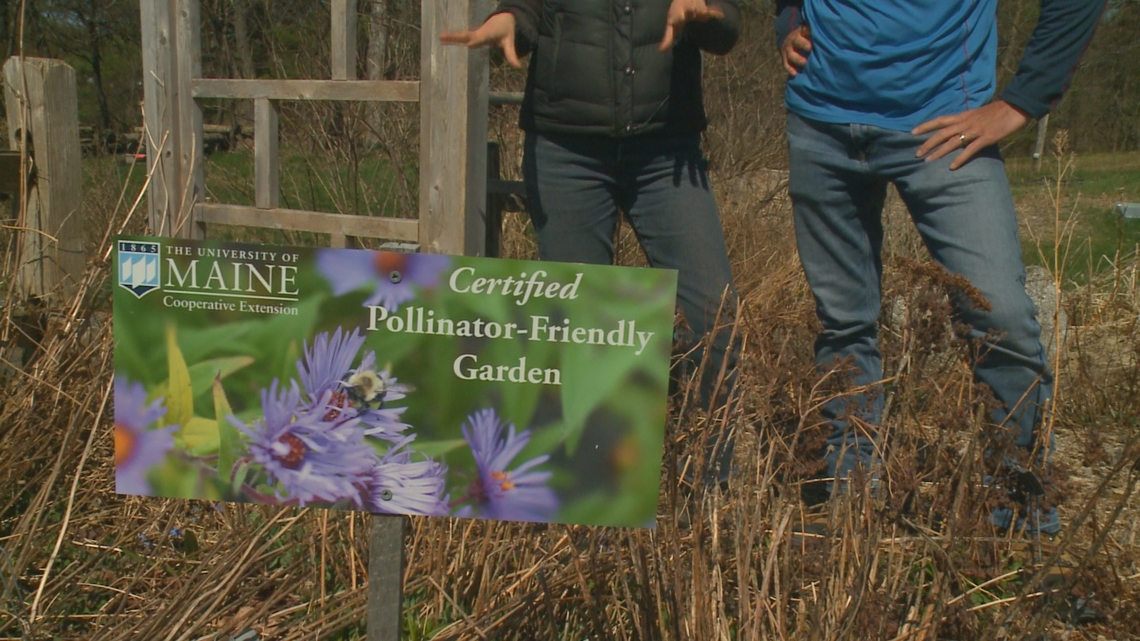
Your soil is ready and your tools are clean and sharp. Have a happy gardening season!

